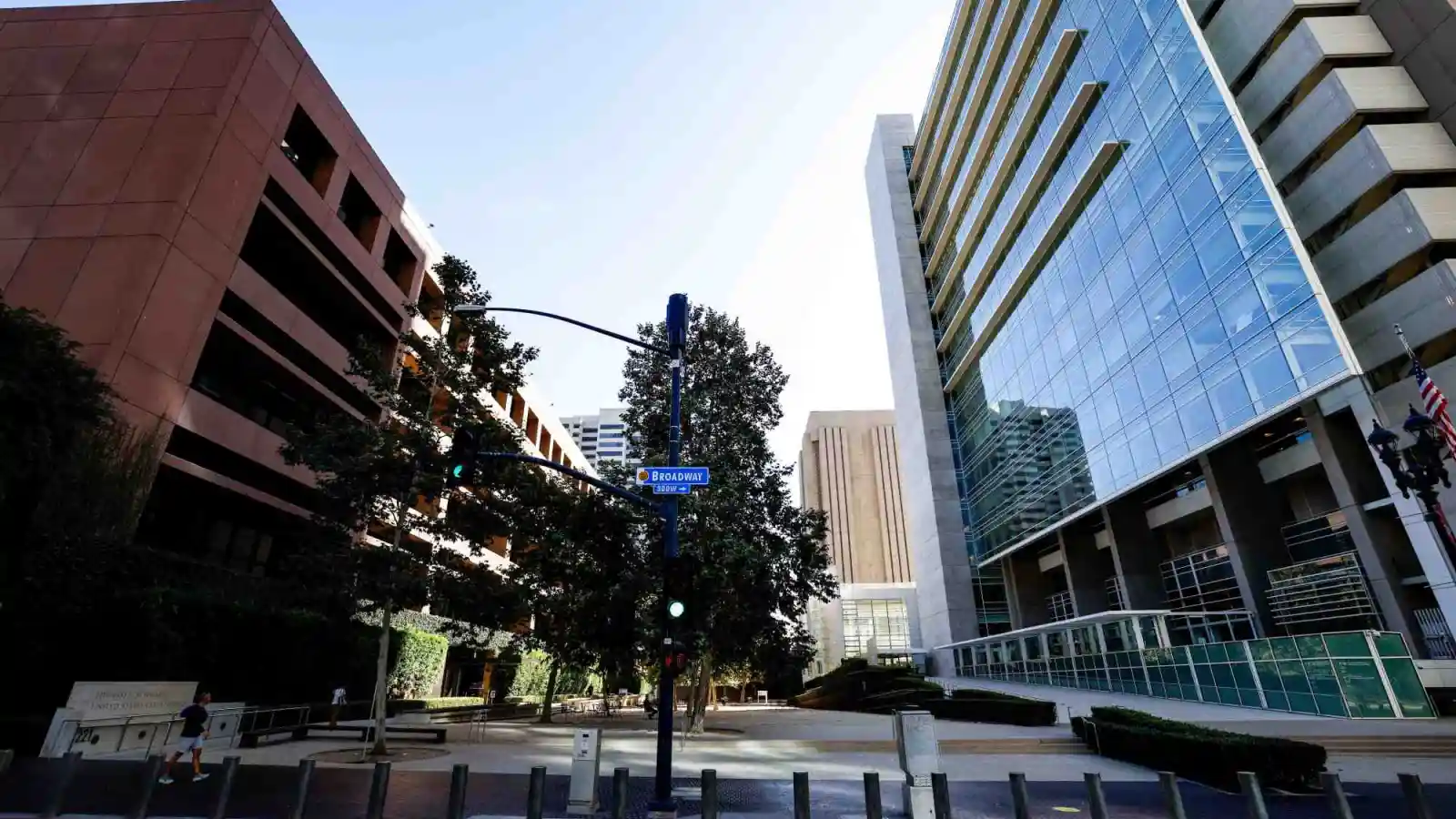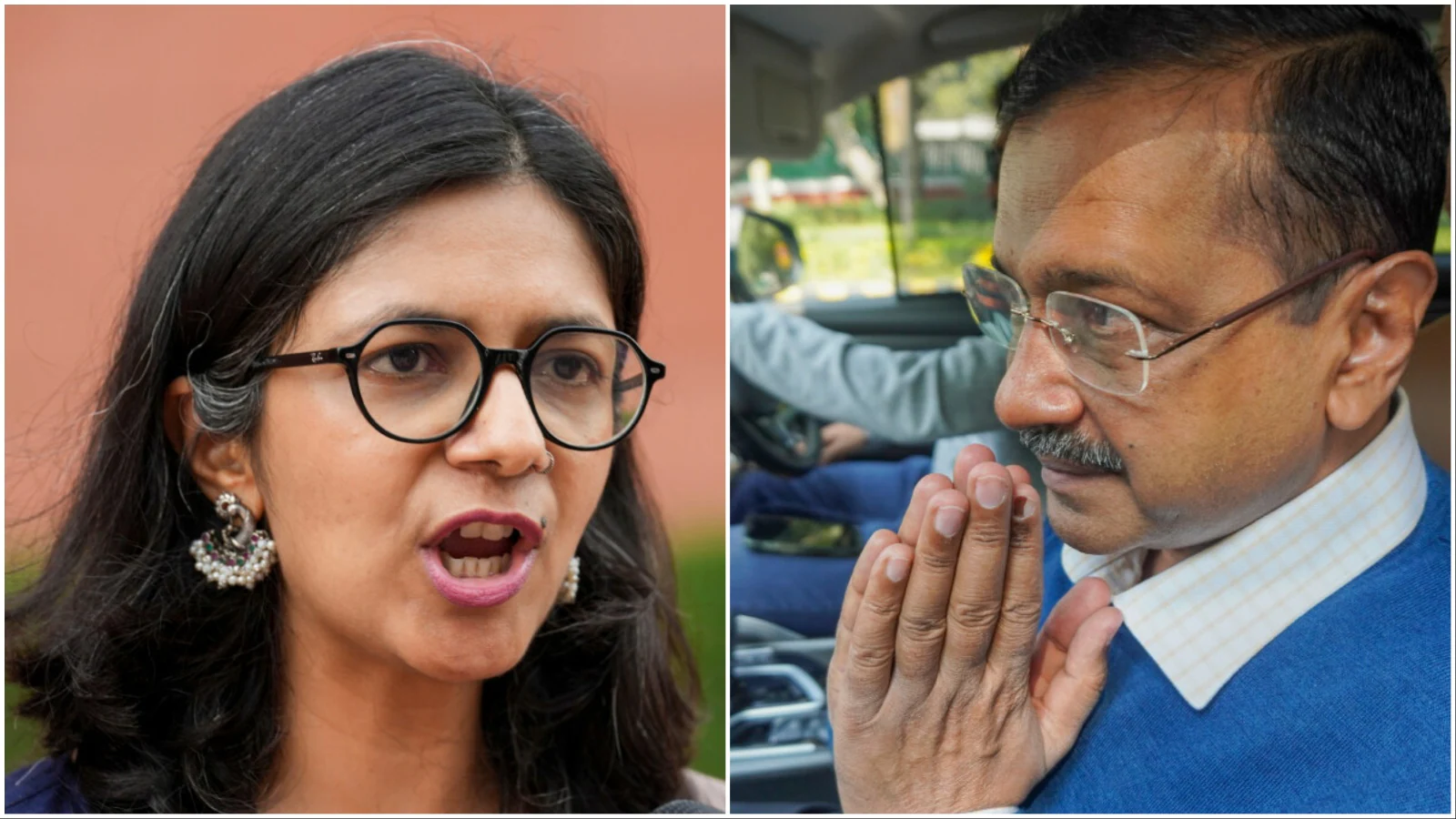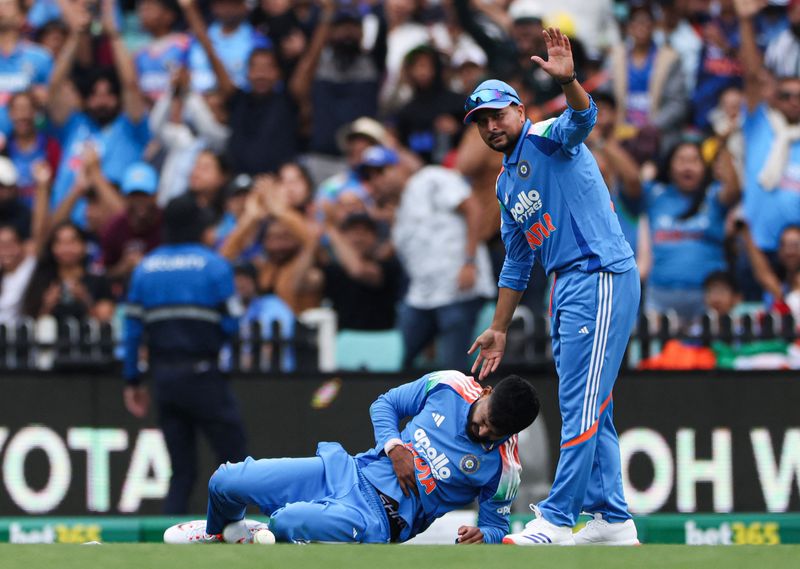Copyright sandiegouniontribune

San Diego defense attorneys Megan Foster and Matt Binninger are expecting their first child in late January. But the due date of the married couple’s next paychecks remains uncertain, as it has for more than four months now. While the wider government shutdown began Oct. 1 when Congress failed to pass a budget for the new fiscal year, congressional funding expired in July for the Criminal Justice Act program that provides low-income defendants who can’t be represented by public defenders with private defense attorneys. That same program also funds interpreters, investigators and other experts that those attorneys need to properly defend a case under the Sixth Amendment right to counsel. That means that while some other federal workers have labored without pay for a month, CJA panel attorneys such as Foster and Binninger have worked without pay since before July 3, when the CJA funding officially expired. The shutdown has simply exacerbated the problem. “There’s no end in sight,” said Foster, who is six months pregnant and increasingly concerned, since both of their caseloads are made up mostly of CJA cases. “We’re in a situation where we’re considering giving up our office space to save on expenses, considering dipping into savings and thinking about investing in starting a separate business to take on more retained work. “It’s really frustrating, and I feel really sad, because I love this work and Matt does too — it’s something like a calling for both of us,” she said. “But it isn’t fair to us, and really not ethical for us to continue to take on cases.” The situation is so dire that the Federal Bar Association warned Congress in an Oct. 15 letter that the Defender Services Office — which provides funding for public defender organizations such as Federal Defenders of San Diego and the CJA program — is “facing a funding predicament that jeopardizes the constitutional right to counsel, the integrity of our federal courts, and the livelihoods of countless legal professionals across the country.” Southern District of California Chief Judge Cynthia Bashant, who called the CJA funding situation a “crisis” in July, said one of her main concerns is that judges will soon be forced to dismiss criminal cases if there are not enough CJA attorneys and related service providers to represent criminal defendants and uphold their Sixth Amendment rights. She said dismissal decisions would have to be made on a case-by-case basis. “It’s terrible,” Bashant said Friday. “(CJA attorneys) are saying ‘We can’t stay on the panel.’” Bashant said that of the 102 court-approved CJA attorneys in the Southern District of California, 37 of those attorneys were considered “unavailable” as of Friday, meaning they’ve either resigned from the panel or gone on hiatus from accepting new cases. She said two attorneys who resigned and 15 who went on hiatus specifically cited the lack of payment when informing the court of their status. One of those attorneys who has gone on hiatus is Martha Hall. “The situation is horrible,” Hall said. “Everybody knows that at some point the system will collapse if this is not corrected.” Ricardo Esquivias, an interpreter, said service providers who support CJA attorneys have also started to scale back their CJA case workload as they seek other ways to earn income. That has forced fewer service providers to handle more cases to pick up that slack, leaving many feeling overworked and helpless. “It’s unmotivating getting up in the morning and going to work when at this point, we’re wondering if we’re ever going to be compensated for that,” Esquivias said. Funding predicament The CJA funding shortfall is a result of the continuing resolution that Congress approved in March, just hours before a looming shutdown, to fund the government through the end of September. The legislation froze most spending at prior-year levels, resulting in underfunding for the entire judicial branch, but specifically Defender Services. In the federal court system, more than 90% of defendants can’t afford attorneys, and while public defender organizations handle about 60% of those cases, the other 40% are appointed to CJA attorneys, according to U.S. Courts data. In San Diego, private defense attorneys must apply to be on the CJA panel, which is largely made up of experienced, high-quality attorneys who believe in the work of defending low-income clients. CJA attorneys are paid $175 per hour for non-death penalty cases, which attorneys say is a fraction of what they charge retained clients and doesn’t go all that far when considering expenses such as rent, staff salaries and malpractice insurance. Hall said the majority of her clients are CJA cases, but she’s had to start looking for ways to earn income elsewhere. “Representing indigent defendants has been my passion my entire career, so I hate to say I have to look for alternative sources of income, I hate to say that,” Hall said. “But I can’t keep doing that work with no pay.” Foster and Binninger both said they’ve started pivoting to other types of cases to make up for the shortfall — especially with their first child on the way. “If the government is just going to say ‘We don’t have the funds to pay you’ … then why am I doing this?” Binninger said. “I can’t bank on this. I can’t bet my son’s future on this line of work.” Foster said the end result of the funding shortfall is that defense attorneys taking under-market rates to represent low-income defendants have ended up bankrolling the federal government. “Our commitment to the Sixth Amendment and our clients is being weaponized against us,” Foster said. Interpreters and other experts For CJA defense attorneys to properly defend their clients, they need the help of third-party experts. That’s where Spanish interpreters such as Esquivias step in, especially in a busy border district where the majority of defendants are Spanish speakers. Since Esquivias mostly helps attorneys communicate with clients being held in jails or detention centers, he is always on the move, some days accompanying attorneys on visits at three or more facilities. On top of his hourly rate he’s missing out on, he’s also not currently being reimbursed for parking fees and mileage, costs that he said can add up quickly. “I’ve been weathering the storm off my savings,” said Esquivias, who estimated that 97% of his work comes from CJA cases. He said that as a self-employed subcontractor, he’s always been frugal to ensure he has reserves for those times when business is slow. And he’s experienced government shutdowns in the past. But this has been different. “That savings takes decades to build, but it goes away much faster than that,” he said. “Another four or five months of not being paid, and I’m going to be in the red.” While Foster said she and Binninger are “collectively owed over six figures” for work they’ve done since CJA funding expired, Esquivias said he’s owed somewhere in the neighborhood of $35,000 to $40,000. CJA attorneys also rely on court-approved investigators, social workers, forensic experts and sentencing mitigation specialists. Meghan Blanco, a private attorney on San Diego’s CJA panel, recently filed a motion asking a judge to dismiss one of her clients’ cases because of the funding shortfall. She argued in part that her ethical obligations would compel her to try the case for free, but she could not expect the same from those supporting her trial efforts. “Counsel cannot defend (the defendant) at trial unless she can retain investigators and interpreters willing to travel, conduct interviews, and translate witness statements,” Blanco wrote. “That work requires funding authorization — but there are currently no available funds.” A San Diego judge on Friday delayed ruling on that motion, according to Blanco, who said she has filed similar dismissal motions in Los Angeles-area federal court. Material witness panel Another group that’s been hit particularly hard in San Diego is the CJA material witness panel. When prosecutors charge defendants with human smuggling, the people who were being smuggled are temporarily kept in the U.S. as witnesses to the crime. Referred to as material witnesses, they are provided attorneys to represent their interests, such as seeking bond or undergoing recorded depositions so their testimony is preserved for trial, but they can be repatriated to their home countries sooner. Bashant said that of the 18 attorneys on the material witness panel, six are currently unavailable. Three of those specifically cited the funding issue when going on hiatus. “Our very small panel and service providers are under immense pressure and struggling to keep up,” Stacey Kartchner, the chair of San Diego’s material witness advisory committee, said. Because of the large number of human smuggling cases charged in San Diego and Imperial counties, roughly half of the attorneys on the material witness panel only take CJA cases because they have no time for private work, Kartchner said. Those attorneys have had no alternative income streams for months now. “The personal sacrifices they’ve had to make as a result of the lack of funding is enormous,” Kartchner said. She credited the district’s judges and other criminal justice stakeholders for doing what they can to ease the burden, but said nothing short of funding will solve the problem.



